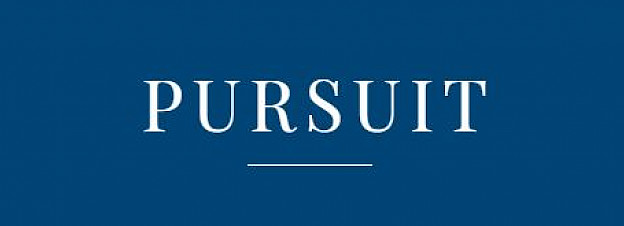Events
Melbourne Centre for the Study of Higher Education at the University of Melbourne
The University is committed to hosting events and activations on its campuses in a COVIDSafe way, in accord with government restrictions and guidelines. Some of our events are presented on campus, others online – be sure to check the details. Find out more about the University’s COVIDSafe plans



